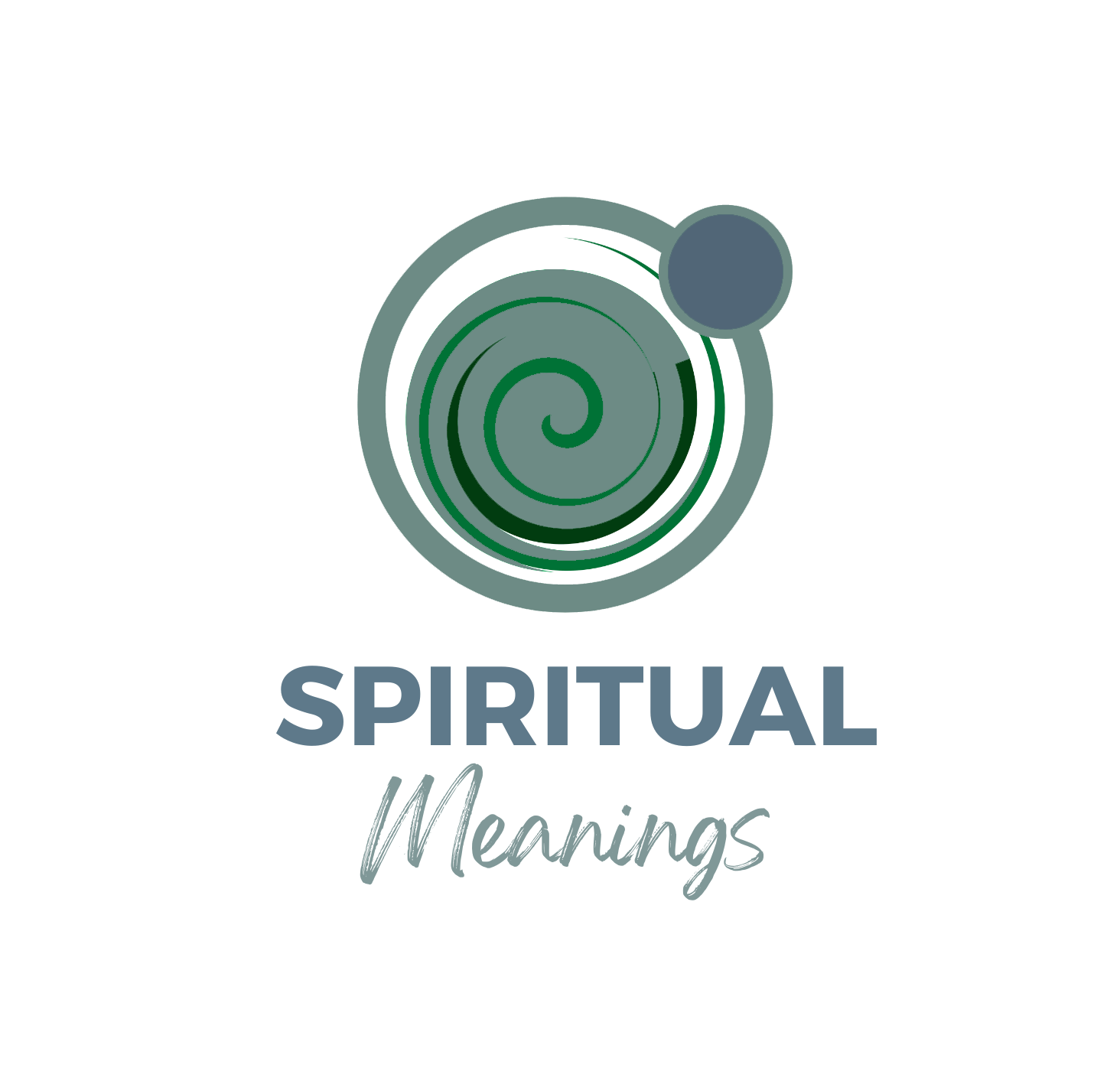How to Overcome Fear and Anxiety Spiritually: 3 Things to Try
Pop culture is adept at painting a stereotypical picture of depression. Men and women gazing despondently at nothing. Grey-rimmed clouds covering the sky. Possibly melancholic beats in the background.
In reality, depression can manifest in many ways that are far less “romantic.” Unfinished or blank canvases. Dirty laundry piling up. Broken relationships you once thought indefatigable.
The World Health Organization observes that around 5% of adults face depression, women more so than men (WHO). The constant flux women go through, from hormonal changes during pregnancy to the chaos of menopause, could have a part to play in this.
The problem is, traditional solutions like antidepressants and cognitive behavioral therapy don’t work for many. Or they lead to adverse side effects, like excessive weight gain and a spike in self-harm thoughts.
To overcome fear and anxiety spiritually, try things like quiet time, breathing slowly, or thinking about something bigger than just yourself. A book by the Dalai Lama, The Art of Happiness, says that being kind and calm on the inside helps us feel safer. When you trust that things have a purpose and take time to relax your mind, it’s easier to feel strong – even when life feels scary.
If you or someone you care for battles depression and finds it unmanageable, perhaps consider adopting a spiritual approach. It can offer a new perspective and offer strength at a difficult time.
1. Faith-Focused Spiritual Intervention for Negative Thoughts
Many people with depression experience a crisis of faith. It seems grossly unfair that the God they ardently believe in and love won’t help them out of their distress. However, harmful religious coping mechanisms, like blaming God for suffering, may only worsen the symptoms of depression.
Instead, faith-based spiritual intervention that stresses forgiveness and finding meaning even in suffering may prove helpful. It can equip people with constructive coping mechanisms.
In 2023, a qualitative study was published in the National Library of Medicine. It followed the results of faith-based interventions on adults with depression (Leung and Li, 2023). The sessions used a fascinating combination of scriptures and prayers, encouraging the participants to connect with themselves. They also strived to relate to others and the environment.
The study had eye-opening results: The mean scores for depression fell after the sessions and also during the follow-up.
The power of this spiritual approach draws from the mutual support and connection that people can experience in such an environment. Together, people can learn to build a closer connection with God and bring acceptance and compassion into daily life.
You can consult with faith-based organizations or approach trusted community members to explore this route. Some mental health professionals also incorporate spiritual aspects into their treatment to connect with their patients and make a lasting difference in their lives.
2. Shadow Work for Spiritual Depression
Have you considered that your depression could have deeper origins?
The specific cause of depressive disorder is unclear. WebMD explains that the causes could be diverse: from a genetic predisposition to traumatic life events and long-term illness. Substance use and some medications, like isotretinoin (hailed as a blessing for acne-prone skin), can exacerbate the risk.
Sometimes, though, the root cause could lie in the dark night of the soul. Possibly driven by the chaos of the world, more people now experience symptoms that feel like a spiritual depression or existential crisis.
These signs indicate a tumultuous stage in personal development that tests formerly held beliefs and pushes one toward hopelessness or even homesickness. The feelings may be very similar to those associated with clinical depression, but their progression could be different.
According to Laura Van Tyne, a certified past life regressionist and psychic, death or sudden personal losses can trigger spiritual depression. Shadow work can help tackle these emotions by learning to let go of thoughts and feelings that no longer help you.
Verywell Mind notes that shadow work integrates the conscious and unconscious components of the psyche to encourage wholeness (Chan). It can empower us to deal with suppressed traumas and eliminate self-sabotaging behaviors. Sometimes, you may encounter hidden truths about yourself that could have been affecting your behavior for years, subliminally.
That said, one should accept that even an identical approach may not reap results for everyone. For example, meditation allows many people to feel calmer and more focused. But it can also amplify anxiety when your soul is vulnerable.
When practising shadow work, it might be preferable to seek other avenues for feeling calmer. A trusted spiritual practitioner may advise you to spend time in nature and practice intentional sleep. Journaling also works for many, as it brings suppressed thoughts to the forefront and allows you to become self-aware.
3. Spiritual Retreats for Self-Connection, Not Instagram
Instagram has endless picture-perfect hillside destinations, all promising restorative spiritual experiences. These retreats all cost a premium well above what one might consider for a regular holiday.
But costs aside, do they work?
Well, some of them do. The difference is that Insta-worthiness is not at the top, if at all present, on their list of priorities.
Spiritual retreats have mushroomed around the world in line with the rising incidence of depression and related mental health conditions. A 2025 McKinsey report paints the global wellness market in vibrant shades, noting that younger people are likely to travel to spiritual wellness retreats (McKinsey). Around 56% of interested people have travelled over two hours for such opportunities.
What makes such retreats attractive is their capacity to offer detoxification from digital devices and a chance to connect with oneself. However, for such trips to have benefits beyond the stay, the therapists should be trained to help participants learn sustainable skills for mental health. For example, a daily routine of meditation and a nutritional regimen of whole, clean foods can serve people in the long run.
Several studies have noted the impact of nutrition and sleep on depression. A BMC Public Health study found that those already facing the effects of an unhealthy diet and sleep are more prone to experiencing symptoms of depression. Spiritual retreats can be excellent for learning these approaches to life, prioritizing the soul over negative relationships or other draining elements.
When considering booking a spiritual retreat to tackle depression, check if it offers:
- Self-reflection classes focused on introspection
- A close connection with nature, which can be intrinsic to healing
- Community support and opportunities to interact with others in similar situations
It can be ideal if the retreat in question offers continued services after your trip through online means, such as remote counseling on functional nutrition and sleep management.
Spiritual Retreats and Substances
How about wellness abodes that offer cleansing through substances, such as Ayahuasca? A Condé Nast Traveler story reveals how some people find Ayahuasca retreats adventurous and creatively liberating. The plant-based substance boasts powerful transporting properties that indigenous people in the Amazon Basin have long harnessed.
Some scientific studies indicate that such psychedelic substances may have potential for treating mental health conditions. The induced feeling of connectedness and self-awareness can prove life-changing for many.
However, we daresay you should approach such substances cautiously. While their emotional release may be tempting, these items may pose health risks unless administered by a trusted and experienced shaman. This holds for any other substances or items you may try for spiritual support, such as essential oils and crystals.
Takeaway
Depression is debilitating. It interferes with each aspect of your life, spoiling your enjoyment of things you have always adored. Severe depression often requires medication, but mild and moderate cases can benefit immensely from alternative approaches.
Integrating spiritual treatment into conventional procedures can bring faster and more lasting results. It only requires one to open their mind to finding compassion and support from the transcendental world.
References:
Chan, Katharine. “Shadow Work: How to Practice, Goals, Challenges.” Verywell Mind, 13 May 2024, https://www.verywellmind.com/what-is-shadow-work-exactly-8609384. Accessed 6 August 2025.
Leung, Judy, and Kin-Kit Li. “Faith-Based Spiritual Intervention for Persons with Depression: Preliminary Evidence from a Pilot Study.” MDPI Healthcare, 2023.
McKinsey. “The Future of Wellness trends survey 2025.” McKinsey, 29 May 2025, https://www.mckinsey.com/industries/consumer-packaged-goods/our-insights/future-of-wellness-trends. Accessed 6 August 2025.
WHO. “Depressive disorder (depression).” World Health Organization (WHO), 31 March 2023, https://www.who.int/news-room/fact-sheets/detail/depression Accessed 6 August 2025.


